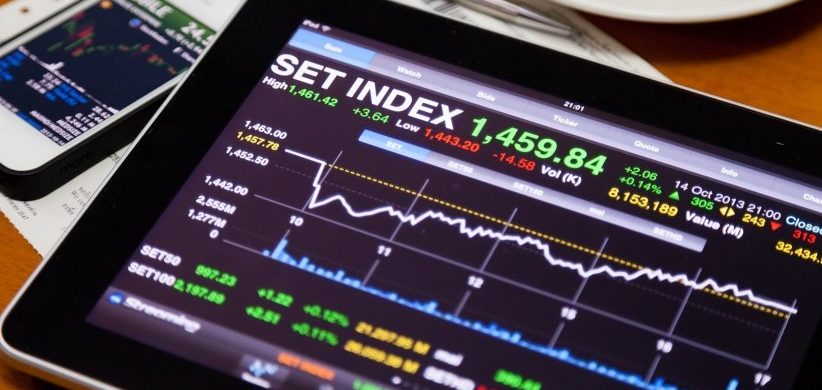- World Events. Changes in leadership. Elections. Violent take overs. Monarchial Deaths. A change in leadership for any reason can affect the stock market in both a positive and a negative way. Additionally, exchange rates, trade agreements, and international relations can either provoke spending or cause a panic that leads to a decrease in investment.
- Economy. Unemployment rate has a negative effect when it is high because consumers aren’t out there spending as readily as they are when the unemployment rate is low. Retails sales work the same way. For example, holidays or special days dedicated to shopping, such as Black Friday, have a positive effect on the economy and the stock market.
- Scandals. Insider trading, fraud, white collar scams all shed a negative light onto whatever stock was directly affected by the actions of an investor who is now in some serious criminal trouble.
- Company News. Good or bad, when a company evokes media coverage, there is an effect on their stock prices. Layoffs are an example of a negative effect and company or employee success is an example of a positive effect.
- Hype. Press coverage of any sort often illicit a shift. New technology announcements, evoking excitement over a new gadget or innovation. Press releases are a great way to bring attention to your company in a way that will bring about positive change in your stock prices. Take apple for example. All the hype surrounding the newest iPhone begins months, sometimes even years, before it even comes out. Consumers are chomping at the bit to get their hands on it and many are doing this without a care in the world about the cost it will entail. All this extra press and publicity has a negative effect on the company’s stock value.
- Politics. Enough said.
- Supply and Demand. When prices are low, investors tend to buy stocks which leads to an increase in demand. As the demand increase the prices increases and investors are willing to pay higher prices to get a piece of the newest front runner on the stock market. But, investors also meet a ceiling where the prices become too high, the demand lessens, and there is a decrease in the value of the stock.
- Natural disasters. In some cases, such as 9-11 Wall Street literally can become shut down. This ultimately has a negative effect on the stock market. But also, rebuilding efforts from natural disasters such as floods, earthquakes, and hurricanes is the opposite.
- War and Terrorism. Anytime terrorism is involved, people become fear stricken and tend to sell off investments or cash out on their money. On the opposite end, military spending during war shows an increase in stock prices and value.

Understanding What Affects Your Stock Market Investments
The stock market has long been a topic of discussion throughout the world of finance. Today, cell phones are automatically equipped with tickers tracking the latest rise and fall in the most popular stocks on the market. Financial advisors and stock brokers are glued to whatever piece of technology they are using to stay up to date on the current trends in this popular means of investment. But, what happens if you are not so immersed in the world that houses your investments? While it is a good idea to invest in a qualified portfolio management company, understand what affects the stock market is a good way to keep track of the money you invest.
There are many factors that affect the rise or fall in the stock price of a company. And, in many cases, the stock market deals with a ripple effect when changes begin to occur. From the economy and world events to politics and natural disasters, a company can be at an all-time high one day and plummet too their lowest worth the next. So, what are the most influential factors that affect the stock market?
